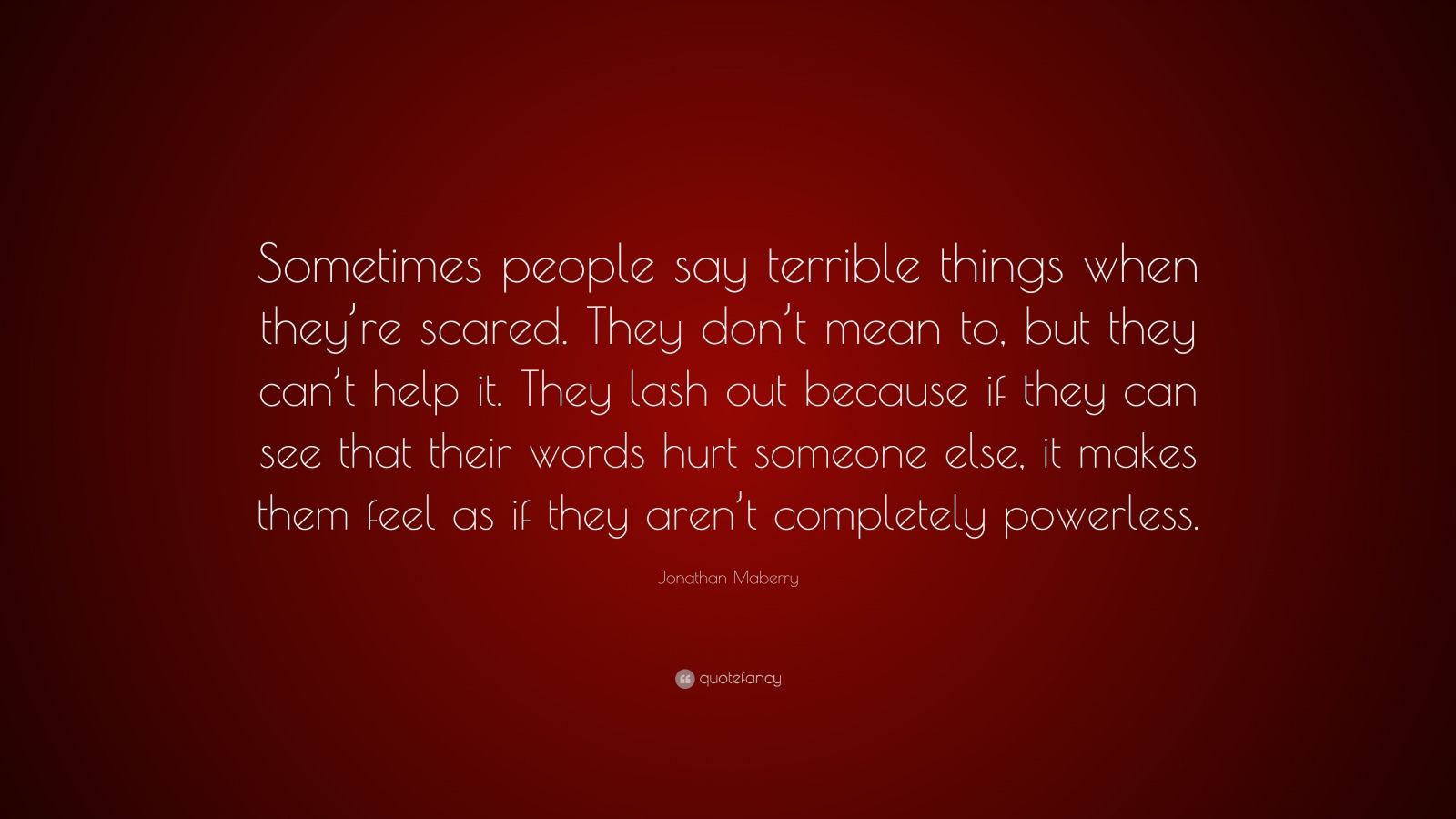Bangladesh is a unitary parliamentary constitutional republic based on the Westminster system. Bengalis make up 98% of the total population of Bangladesh, and the large Muslim population of Bangladesh makes it the third-largest Muslim-majority country. The country is divided into eight administrative divisions and 64 districts.
It maintains the third-largest military in South Asia after India and Pakistan; and has been a major contributor to UN peacekeeping operations. A middle power in the Indo-Pacific, Bangladesh is an emerging economy ranked as the 33rd-largest in the world by nominal GDP, and the 29th-largest by PPP. Bangladesh is projected to be the 11th largest consumer market in the world by 2030. It hosts one of the largest refugee populations in the world due to the Rohingya genocide in neighboring Myanmar; and strongly supports the right of return of refugees to Rakhine State.
Bangladesh faces many challenges, including the adverse effects of climate change, poverty, illiteracy, corruption, authoritarianism and human rights abuses. However, the poverty rate has halved since 2011 and the country is expected to become a middle income country in this decade. Once a historic center of the muslin cloth trade, Bangladesh is now one of the world's largest modern garment exporters. The country's Digital Bangladesh policy has been both praised for digitizing public services, and criticized for curtailing freedom of expression through the widely perceived repressive Digital Security Act.
The constitution grants freedom of religion and officially makes Bangladesh a secular state, while establishing Islam as the "state religion of the Republic". Most Bangladeshis are Bengali Muslims, who form the largest Muslim ethnoreligious group in South Asia and the second largest in the world after the Arabs. The vast majority of Bangladeshi Muslims are Sunni, followed by minorities of Shia and Ahmadiya. Bangladesh has the fourth-largest Muslim population in the world, and is the third-largest Muslim-majority country .
Liberal Bengali Islam sometimes clashes with orthodox movements. The largest gathering of Muslims in Bangladesh is the apolitical Bishwa Ijtema, held annually by the orthodox Tablighi Jamaat. The Ijtema is the second-largest Muslim congregation in the world, after the Hajj. Public holidays include the Islamic observances of Eid-ul-Fitr, Eid-al-Adha, the Prophet's Birthday, Ashura and Shab-e-Barat. Bangladesh's legal system is based on common law and its principal source of laws are acts of Parliament.
The Bangladesh Code includes a list of all laws in force in the country. From 1947 to 1971, laws were enacted by Pakistan's national assembly and the East Pakistani legislature. The Constituent Assembly of Bangladesh was the country's provisional parliament until 1973 when the first elected Jatiyo Sangshad was sworn in.
Although most of Bangladesh's laws were compiled in English, after a 1987 government directive, laws are now primarily written in Bengali. While most Bangladeshi law is secular; marriage, divorce, and inheritance are governed by Islamic, Hindu and Christian family law. Legal developments often influence the judiciary in the Commonwealth of Nations, such as the doctrine of legitimate expectation. The constitution includes a list of fundamental rights inspired by the Universal Declaration of Human Rights and was drafted by leading lawyer Kamal Hossain. In the 1970s, judges invalidated detentions under the Special Powers Act, 1974 through cases such as Aruna Sen v. Government of Bangladesh and Abdul Latif Mirza v. Government of Bangladesh.
In 2008, the Supreme Court paved the way for citizenship for the Stranded Pakistanis, who were an estimated 300,000 stateless people. Despite being a non-signatory of the UN Refugee Convention, Bangladesh has taken in Rohingya refugees since 1978 and the country is now home to a million refugees. Bangladesh is an active member of the International Labour Organization since 1972.
It has ratified 33 ILO conventions, including the seven fundamental ILO conventions. Bangladesh has ratified the International Covenant on Civil and Political Rights and the International Covenant on Economic, Social and Cultural Rights. We all look back on conversations and regret things we didn't say or things we did say. But there is in writing (at least if you're using Windows!), so whether you're a novelist, a blogger, or that person who writes only when desperate, use the power of rethinking.
If time allows, walk away from your writing for a day or two and come back to it. You'll be amazed at how the words have rearranged themselves to better effect in your mind — and how quickly you spot errors you didn't see before. If you proofread immediately after finishing writing, you'll just read what you meant to say. But if you give yourself some distance, the mistakes reveal themselves. It's always a good idea, too, to read your writing aloud, even if you're only reading it to yourself or your cats.
What Can I Say Meaning In Bengali When you hear the words, you'll catch mistakes and awkward phrases. If you have a helpful partner or friend to read your writing back at you, all the better. Another effective technique is to use the read-aloud feature in your word processing software. You might not see a subtle error like a doubled or missing "the," but you'll hear it if the robot says it. Today, the Bengali language standard is prescribed by the Bangla Academy in Bangladesh.
More than 98 percent of people in Bangladesh speak Bengali as their native language. Bengali is described as a dialect continuum where there are various dialects spoken throughout the country. The Bengali Language Implementation Act, 1987 made it mandatory to use Bengali in all government affairs in Bangladesh. Although laws were historically written in English, they were not translated into Bengali until the act.
All subsequent acts, ordinances and laws have been promulgated in Bengali since 1987. English is often used in the verdicts delivered by the Supreme Court of Bangladesh, and is also used in higher education. One of the key aspects of Bangladeshi politics is the "spirit of the liberation war", which refers to the ideals of the liberation movement during the Bangladesh Liberation War.
The Proclamation of Independence enunciated the values of "equality, human dignity and social justice". In 1972, the constitution included a bill of rights and declared "nationalism, socialism, democracy and secularity" as the principles of government policy. Socialism was later de-emphasised and neglected by successive governments. To many Bangladeshis, especially in the younger generation, the spirit of the liberation war is a vision for a society based on civil liberties, human rights, the rule of law and good governance.
Unfortunately, as the 2001 census did not question languages spoken there is no reliable data to confirm exactly how many Bengali speakers currently live in the UK. However, the 2001 census was translated into 24 different languages, including Bengali. In 2003, the Central Office of Information was commissioned by the Department for Work and Pensions to undertake a review of the ethnic minority languages used by the department. The review aimed to assess the communication needs of each community and recommend the languages into which the DWP information should be translated. The Translation People is regularly approached by housing associations and public sector bodies, who request both Bengali translation and Bengali interpreters.
Since the colonial period, Bangladesh has had a prominent civil society. There are various special interest groups, including non-governmental organisations, human rights organisations, professional associations, chambers of commerce, employers' associations and trade unions. The National Human Rights Commission of Bangladesh was set up in 2007.
The world's largest international NGO BRAC is based in Bangladesh. There have been concerns regarding the shrinking space for independence civil society in recent years, with commentators labelling the civil society movement dead under the authoritarianism of the Awami League. Bangladesh's most politically important bilateral relationship is with neighbouring India. In 2015, major Indian newspapers called Bangladesh a "trusted friend".
Bangladesh and India are South Asia's largest trading partners. The countries are collaborating in regional economic and infrastructure projects, such as a regional motor-vehicle agreement in eastern South Asia and a coastal shipping agreement in the Bay of Bengal. Indo-Bangladesh relations often emphasise a shared cultural heritage, democratic values and a history of support for Bangladeshi independence. Despite political goodwill, border killings of Bangladeshi civilians and the lack of a comprehensive water-sharing agreement for 54 transboundary rivers are major issues.
In 2017, India joined Russia and China in refusing to condemn Myanmar's atrocities against the Rohingya, which contradicted with Bangladesh's demand for recognising Rohingya human rights. However, the Indian air force delivered aid shipments for Rohingya refugees in Bangladesh. The crackdown against cattle smuggling in India has also affected Bangladesh. The Bangladeshi beef and leather industries have seen increased prices due to the Indian BJP government's campaign against the export of beef and cattle skin.
The neighbouring country of Myanmar was one of the first countries to recognise Bangladesh. Despite common regional interests, Bangladesh-Myanmar relations have been strained by the Rohingya refugee crisis and the isolationist policies of the Myanmar military. In 2012, both countries came to terms at the International Tribunal for the Law of the Sea over maritime boundaries in the Bay of Bengal. In 2016 and 2017, relations with Myanmar have strained once again as over 700,000 Rohingya refugees illegally entered Bangladesh fleeing persecution, ethnic cleansing, genocide, and other atrocities in Myanmar. Bangladesh is a de jure representative democracy under its constitution, with a Westminster-style unitary parliamentary republic that has universal suffrage. The head of government is the Prime Minister, who is invited to form a government every five years.
The President invites the leader of the largest party in parliament to become Prime Minister of the world's fifth-largest democracy. Bangladesh experienced a two party system between 1990 and 2014, when the Awami League and the Bangladesh Nationalist Party alternated in power. During this period, elections were managed by a neutral caretaker government. But the caretaker government was abolished by the Awami League government in 2011. The BNP boycotted the next election in 2014, arguing that it would not be fair without a caretaker government. The BNP-led Jatiya Oikya Front participated in the 2018 election.
Citing the lack of caretaker government, the 2014 general election was boycotted by the BNP and other opposition parties, giving the Awami League a decisive victory. The election was controversial with reports of violence and an alleged crackdown on the opposition in the run-up to the election, and 153 seats went uncontested in the election. Despite the controversy, Hasina went on to form a government that saw her return for a third term as Prime Minister. Due to strong domestic demand, Bangladesh emerged as one of the fastest-growing economies in the world. However, human rights abuses increased under the Hasina administration, particularly enforced disappearances. Between 2016 and 2017, an estimated 1 million Rohingya refugees took shelter in southeastern Bangladesh amid a military crackdown in neighbouring Rakhine State, Myanmar.
In 2006, at the end of the term of the BNP administration, there was widespread political unrest related to the handover of power to a caretaker government. As such, the Bangladeshi military urged President Iajuddin Ahmed to impose a state of emergency and a caretaker government, led by technocrat Fakhruddin Ahmed, was installed. Emergency rule lasted for two years, during which time investigations into members of both Awami League and BNP were conducted, including their leaders Sheikh Hasina and Khaleda Zia. In 2008, the ninth general election saw a return to power for Sheikh Hasina and the Awami League led Grand Alliance in a landslide victory.
In 2010, the Supreme Court ruled martial law illegal and affirmed secular principles in the constitution. The following year, the Awami League abolished the caretaker government system. In January 1975, Sheikh Mujibur Rahman introduced one-party socialist rule under BAKSAL. Rahman banned all newspapers except four state-owned publications and amended the constitution to increase his power. Martial law was declared, and the presidency passed to the usurper Khondaker Mostaq Ahmad for four months. Tajuddin Ahmad, the nation's first prime minister, and four other independence leaders were assassinated on 4 November 1975.
Chief Justice Abu Sadat Mohammad Sayem was installed as president by the military on 6 November 1975. Bangladesh was governed by a military junta led by the Chief Martial Law Administrator for three years. Rahman reinstated multiparty politics, privatised industries and newspapers, established BEPZA and held the country's second general election in 1979. A semi-presidential system evolved, with the Bangladesh Nationalist Party governing until 1982. Rahman was assassinated in 1981 and was succeeded by Vice-President Abdus Sattar. Sattar received 65.5 per cent of the vote in the 1981 presidential election.
During the Bangladesh Liberation War, Bengali nationalists declared independence and formed the Mukti Bahini . The provisional government issued a proclamation that became the country's interim constitution and declared "equality, human dignity, and social justice" as its fundamental principles. Due to Mujib's detention, Syed Nazrul Islam took over the role of Acting President, while Tajuddin Ahmad was named Bangladesh's first Prime Minister. The Mukti Bahini and other Bengali guerrilla forces formed the Bangladesh Forces, which became the military wing of the provisional government. Led by General M. A. G. Osmani and eleven sector commanders, the forces held the countryside during the war.
They conducted wide-ranging guerrilla operations against Pakistani forces. As a result, almost the entire country except for the capital Dacca was liberated by Bangladesh Forces by late November. The Bengali population was angered when Prime Minister-elect Sheikh Mujibur Rahman was prevented from taking the office. Civil disobedience erupted across East Pakistan, with calls for independence. Later, on 25 March late evening, the Pakistani military junta led by Yahya Khan launched a sustained military assault on East Pakistan under the code name of Operation Searchlight.
The Pakistan Army arrested Sheikh Mujibur Rahman and flew him to Karachi. However, before his arrest Mujib proclaimed the Independence of Bangladesh at midnight on 26 March which led the Bangladesh Liberation War to break out within hours. The Pakistan Army and its local supporters continued to massacre Bengalis, in particular students, intellectuals, political figures, and Hindus in the 1971 Bangladesh genocide. The Mukti Bahini, a guerrilla resistance force, also violated human rights during the conflict.
During the war, an estimated 0.3 to 3.0 million people were killed and several million people took shelter in neighbouring India. Ethnic and linguistic discrimination was common in Pakistan's civil and military services, in which Bengalis were under-represented. Fifteen percent of Pakistani central-government offices were occupied by East Pakistanis, who formed 10 percent of the military.
Cultural discrimination also prevailed, making East Pakistan forge a distinct political identity. Pakistan banned Bengali literature and music in state media, including the works of Nobel laureate Rabindranath Tagore. A cyclone devastated the coast of East Pakistan in 1970, killing an estimated 500,000 people, and the central government was criticised for its poor response. After the December 1970 elections, calls for the independence of East Bengal became louder; the Bengali-nationalist Awami League won 167 of 169 East Pakistani seats in the National Assembly.




























No comments:
Post a Comment
Note: Only a member of this blog may post a comment.